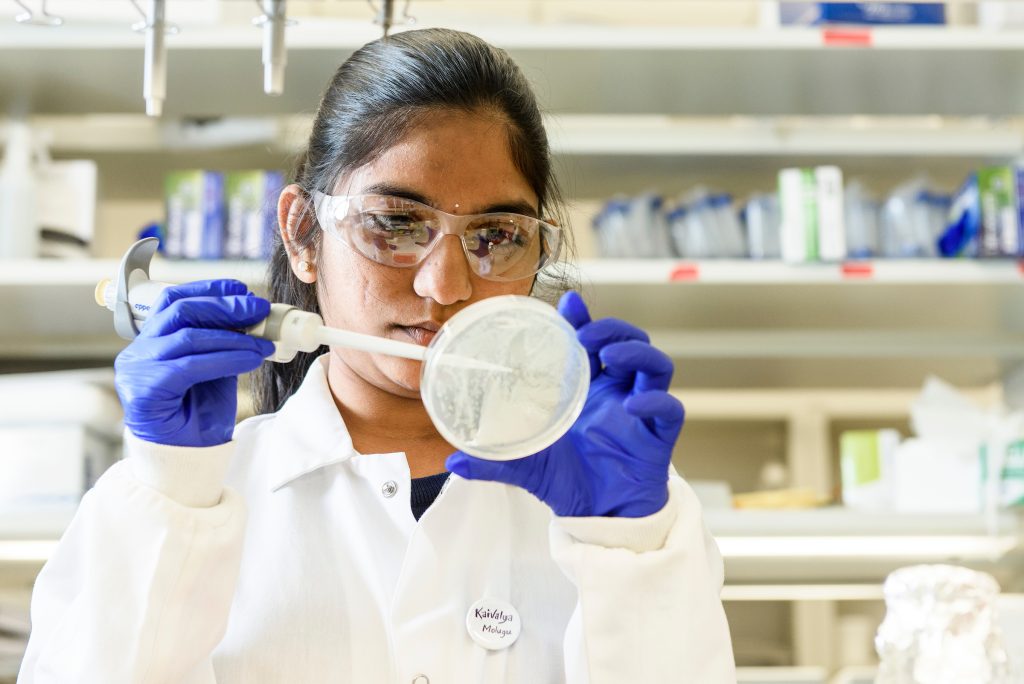In recent years, the field of molecular medicine has witnessed a remarkable revolution, largely propelled by cutting-edge biochemistry research programs. These programs have been at the forefront of unlocking the mysteries of human biology, paving the way for groundbreaking discoveries and novel therapies. In this article, we will delve into the pivotal role of biochemistry research programs in the molecular medicine revolution and explore the innovative ways in which they are shaping the future of healthcare. Molecular medicine is a multidisciplinary field that seeks to understand and manipulate the molecular and genetic mechanisms underlying human diseases. It leverages knowledge from various scientific disciplines, with biochemistry playing a central role. Biochemistry is the science that explores the chemical processes and substances that occur within living organisms, shedding light on the intricate mechanisms of life at the molecular level. Biochemistry research programs are instrumental in driving the molecular medicine revolution. These programs consist of dedicated teams of scientists and researchers who investigate the molecular and biochemical basis of diseases, develop advanced diagnostic tools, and design targeted therapies. By dissecting the inner workings of cells, biochemistry research programs contribute to the development of precision medicine, which tailors treatments to an individual’s genetic makeup and the specific molecular characteristics of their disease.

Unraveling Genetic Mysteries – Biochemistry research programs have played a pivotal role in identifying and characterizing disease-causing genes. The discovery of such genes has been a critical step in understanding the genetic basis of numerous diseases, including cancer, neurodegenerative disorders, and rare genetic conditions. This knowledge has not only improved diagnostics but has also opened new avenues for developing gene-based therapies.
Drug Development and Targeted Therapies – Biochemistry research programs have significantly accelerated drug discovery by providing insights into the molecular mechanisms of diseases. By pinpointing specific proteins, enzymes, and metabolic pathways involved in pathological processes, researchers can design drugs that precisely target these elements. This approach has led to the development of targeted therapies with reduced side effects and improved efficacy.
Biomarker Identification – Biomarkers are molecular signatures that can indicate the presence or progression of a disease. Biochemistry research programs are actively involved in identifying and validating biomarkers that help with early diagnosis, prognosis, and treatment monitoring. These biomarkers enable healthcare professionals to intervene at the earliest stages of a disease, improving patient outcomes.
Personalized Medicine – Perhaps one of the most transformative contributions of biochemistry research to the molecular medicine revolution is the advancement of personalized medicine. By understanding the individual molecular profiles of patients, medical practitioners can tailor treatments to address the unique characteristics of a person’s disease, increasing the likelihood of success while minimizing side effects and go now.
Advancements in Diagnostics – Biochemistry research programs have revolutionized diagnostic techniques by developing innovative tests and tools that can detect diseases with exceptional sensitivity and specificity. These technologies range from advanced imaging methods to genetic sequencing and liquid biopsy techniques, making early detection and accurate diagnosis a reality. As these programs continue to push the boundaries of knowledge, the molecular medicine revolution will only gain momentum, offering hope to millions of individuals affected by various diseases.
